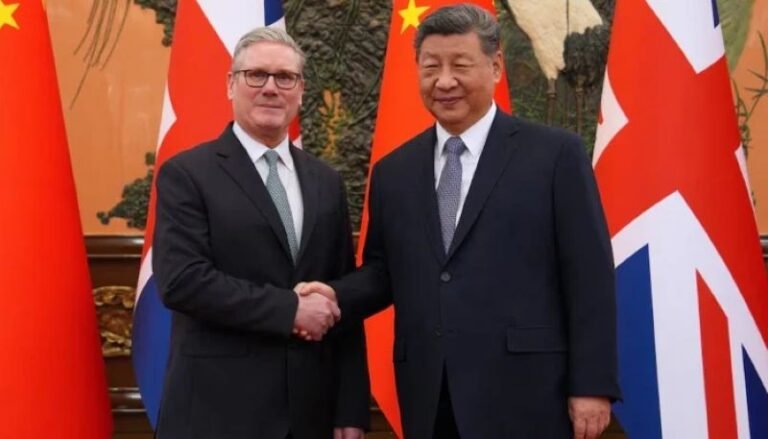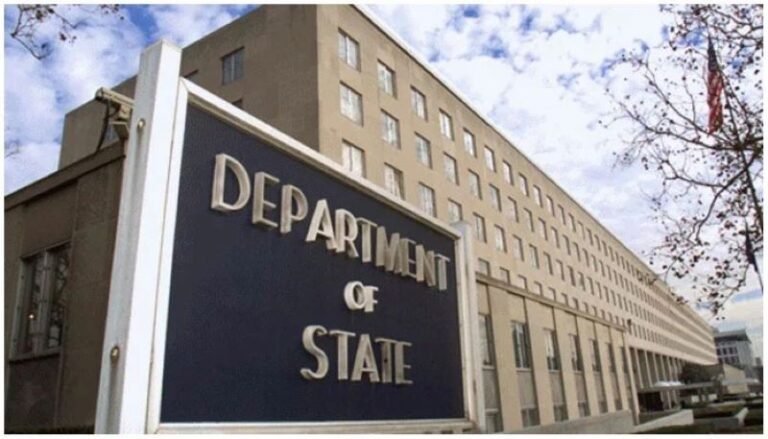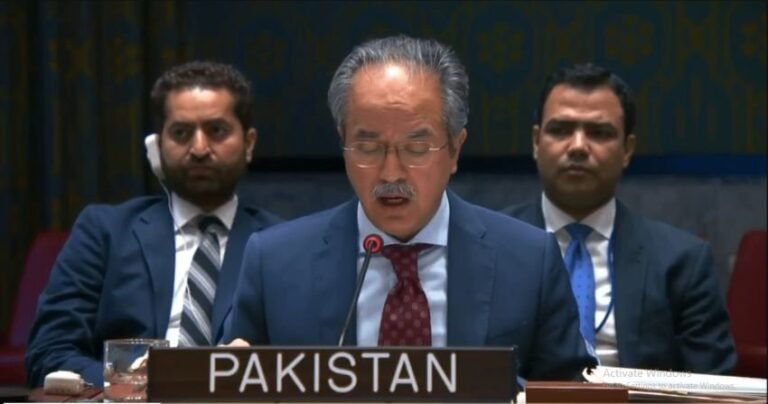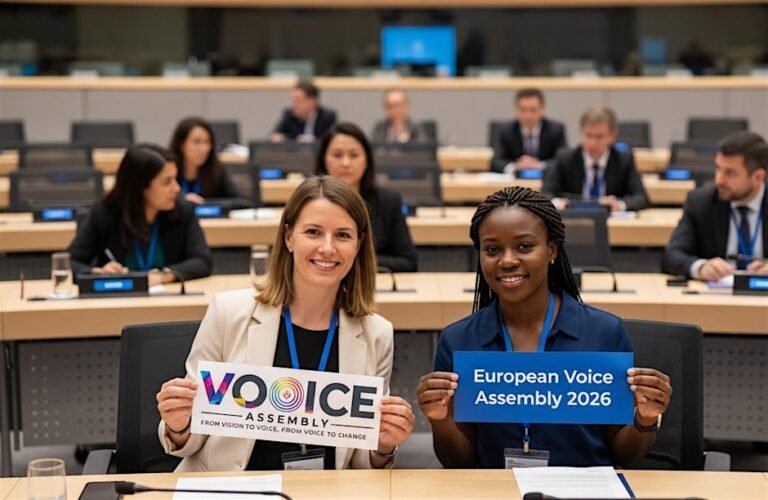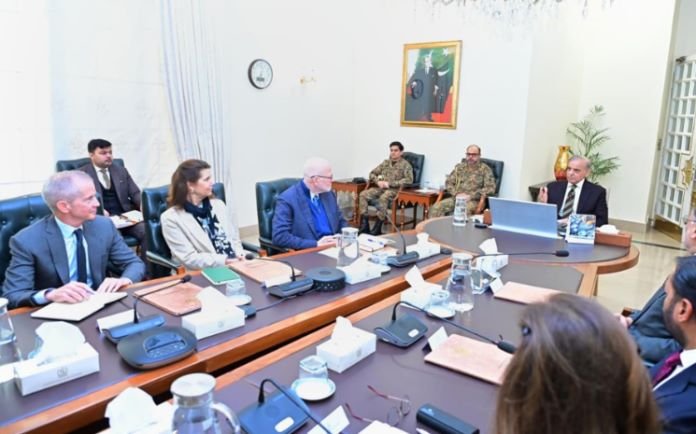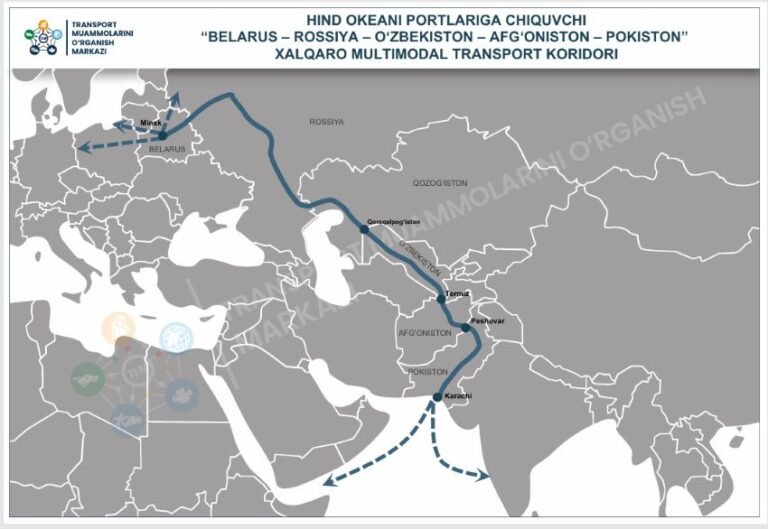Sofia, 3 March 2023 (TDI): The United States European Command (USEUCOM) joined in for celebrating the liberation Day of Bulgaria today to commemorate the nation’s freedom from the Ottoman Empire on March 3, 1878.
Today is Bulgaria's Liberation Day! Since joining @NATO in 2004, #Bulgaria has been a crucial ally in pursuit of #BlackSea security and in securing #NATO air space along the southeastern flank.#strongertogether #wearenato #independenceday @USEmbassySofia @MFABulgaria pic.twitter.com/rEjxHPrObz
— U.S. European Command (@US_EUCOM) March 3, 2023
In a statement issued by USEUCOM, it expressed its deepest support and gratitude for the Republic of Bulgaria and its people.
“Bulgaria is a valued NATO Ally and a key partner in preserving a safe and secure Europe. We must never forget the heroes who gave their lives during the liberation of Bulgaria 144 years ago,” stated USEUCOM.
Also, the US European Command expressed the importance of deepening US-Bulgaria relations and consolidating efforts to ensure a prosperous and resilient Europe.
“As Bulgaria commemorates this historic day, we honor our alliance, build upon our defense partnership, and look ahead to a brighter future together,” said USEUCOM.
The United States remains committed to standing shoulder-to-shoulder with Bulgaria, its people, and other Allies in working together to ensure a free and secure Europe.
On behalf of the US, USEUCOM extended its best wishes and congratulations to all Bulgarians on their Liberation Day.
Liberation of Bulgaria
For the record, the end of the Russo-Turkish War of 1877-78 led to the re-establishment of the Bulgarian state under the Treaty of San Stefano on March 3, 1878.
According to the treaty, the Ottoman Empire was deprived of a large portion of its territory, which was returned to Bulgaria. This treaty granted Bulgaria autonomy and self-governance, as well as protection from any future external interference.
In the decades that followed, the Bulgarian people worked hard to build their nation and restore their cultural heritage, eventually becoming a vital part of the European Union in 2007.
Bulgaria’s role in Black-sea security
Bulgaria plays an important role in the security of the Black Sea region. Bulgaria is a NATO member state and actively participates in international efforts to promote regional stability and security.
It has committed to bolstering its naval capabilities and modernizing its coast guard assets, which include two new patrol ships and the construction of two new seaports.
Bulgarian forces are regularly engaged in joint patrols with other NATO members, including Romania, Turkey, and Ukraine.
Bulgaria also contributes to the NATO-led Operation Sea Guardian, providing reconnaissance, surveillance, and monitoring capabilities to help prevent trafficking, illegal migration, and terrorism activities in the region.
Moreover, Bulgaria leads a regional initiative known as the Black Sea Security Pact, which aims to coordinate security efforts across the region and increase cooperation between Black Sea nations.
Likewise, Bulgaria has joined the Black Sea Economic Cooperation (BSEC) as a way to increase economic coordination and create increased opportunities for trade and investment.
Bulgaria’s commitment to international and regional security is a vital part of its role in Black Sea security.
Bulgaria’s role in securing NATO air space along the southeastern flank
In recent years, Bulgaria has worked to build closer political and military ties with NATO members. Additionally, Bulgaria has taken part in numerous NATO exercises and initiatives to ensure the safety of its airspace along the southeastern flank.
This includes the deployment of NATO Air Defense systems, undertaking joint military operations with NATO partners, and launching air policing missions to counter possible threats.
To mention, Bulgarian state has also provided support for regional disarmament and non-proliferation initiatives and has participated in efforts to control and monitor weapons of mass destruction in the region.
Overall, Bulgaria’s role in securing NATO airspace along its southeastern flank and in promoting security in the Black Sea region is indisputable.
In this way, Bulgaria has been an essential ally in supporting the security needs of NATO and its member states in the Black Sea region.
Thus, the US and Bulgaria have a strong partnership built on a shared commitment to freedom, democracy, and NATO values.
In short, both countries are committed to maintaining strong ties in the future and working together to preserve peace and stability in Europe.
Eman Mudassar Tarar is a student of International Relations at Quaid-i-Azam University, Islamabad and can be reached at emantarar26@gmail.com. She is currently working as a Research intern in the Institute of Peace and Diplomatic Studies. Her areas of interest are rooted in a deep passion for global politics, international relations, ongoing transnational developments as well as a strong commitment to advancing human rights and promoting social justice on a global scale. She writes as a columnist for various media outlets. The author tweets @the_emantarar.
- This author does not have any more posts.







